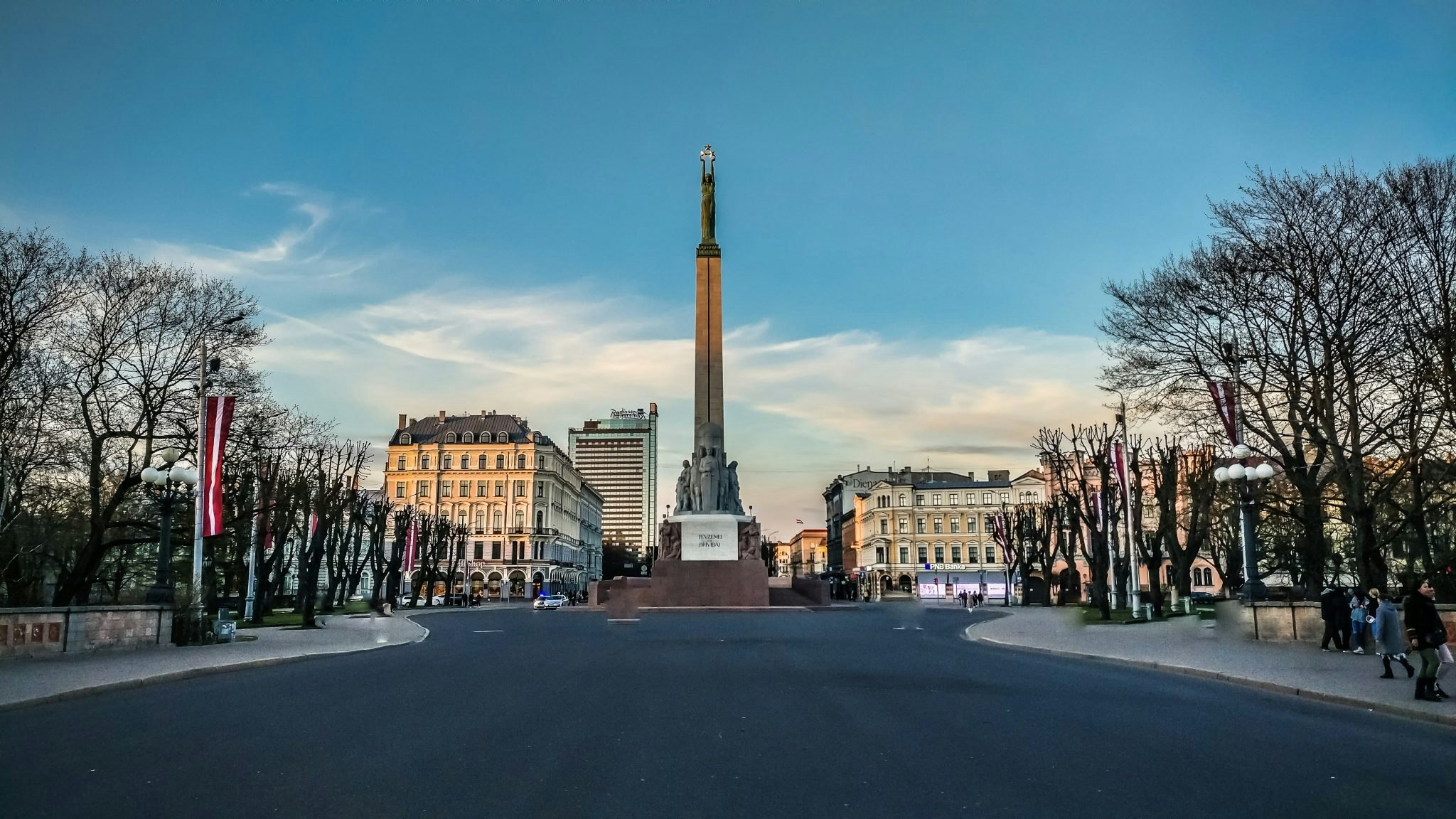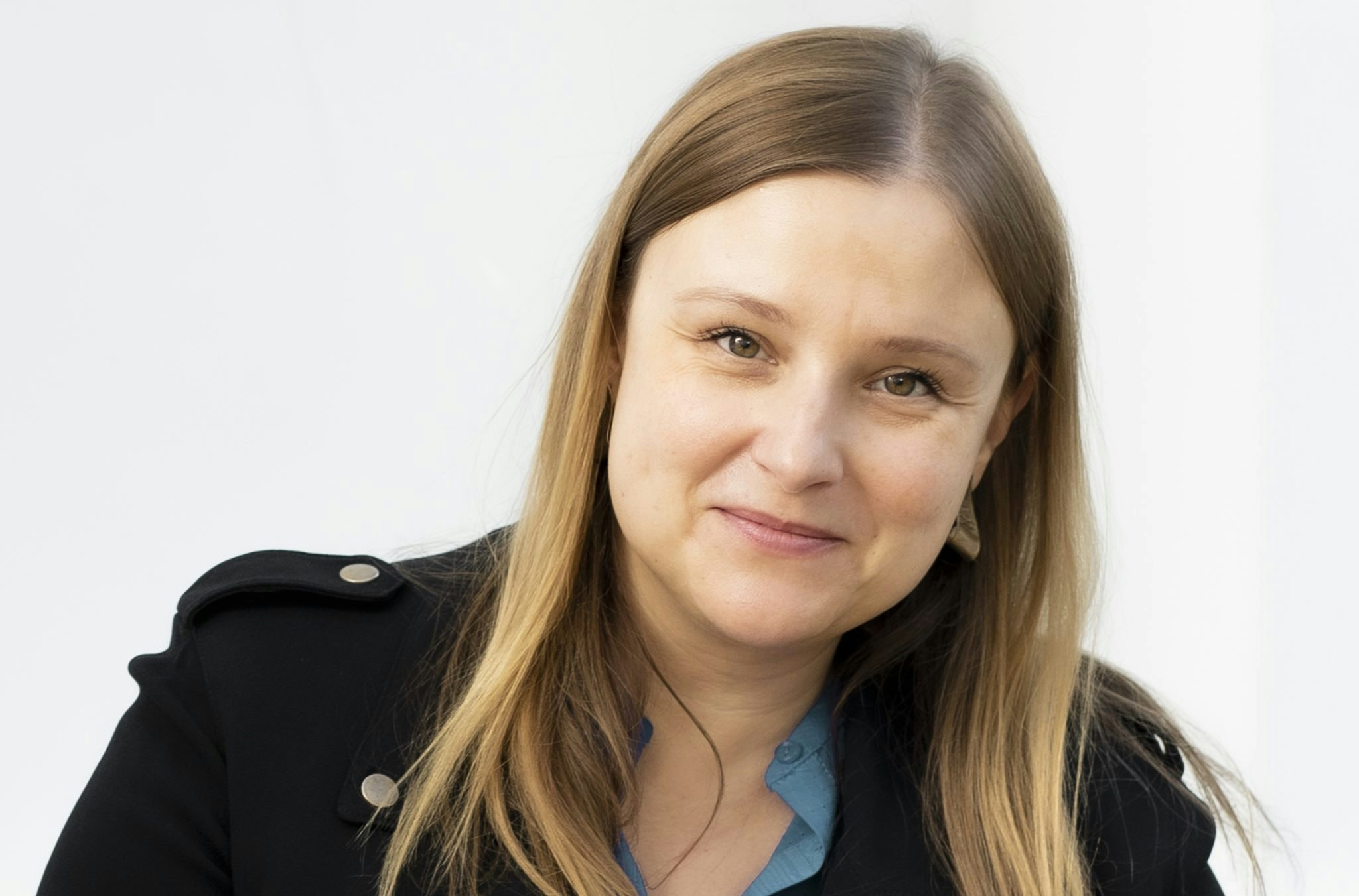The French startup world was on fire last week. Newly-minted unicorns Sorare (who raised €580M led by SoftBank), Mirakl (€473M led by Silver Lake), and Sunday (€100M led by Coatue) raised a record €1bn+ altogether.
For many with experience in France’s tech ecosystem, it feels like the country is finally getting there, after years of trailing behind and has a shot at growing tech giants of its own.
This is a narrative that flatters the national ego. France, after all, is home to highly successful multinational corporations such as LVMH (luxury), L’Oréal (beauty products), Airbus (aeroplane manufacturing) and Air Liquide (industrial gases and services).
Its football team is the reigning world champion, having won the World Cup back in 2018 and it even has its own Formula 1 team (Alpine, formerly Renault). Why wouldn’t France achieve similar brilliance at the global level in tech, arguably the most critical economic field today?
Many factors have contributed to the spectacular outcome in French tech this year. Over the years, the French state has deployed taxpayer money to compensate for the lack of venture capital through Bpifrance, a government-backed bank specialized in funding SMBs and tech startups.
Emmanuel Macron himself has consistently voiced support for the local startup scene, sometimes praising the values of entrepreneurship, but also sometimes calling for a restoration of French and European technological sovereignty in a world that’s still dominated by US and China-based tech giants.
Yet many people are worried about another local speciality: premature contentment with the early signs of success — a phenomenon known as “toxic positivity”. Indeed, this isn’t the first time that France has had the impression that it’s racing ahead in the digital economy.
Yet many people are worried about another local speciality: premature contentment with the early signs of success.
The first wave of French tech
As early as the late 1970s, French technocrats had already decided that computers were the future, equipping most French schools with Thomson MO5 personal computers and convincing Apple’s Steve Jobs that the famed company should have its European headquarters in France (which it did, until the early 2000s), in addition to hosting the annual Apple Expo in Paris.
Then in the 1990s, France tried to surf the wave of the dotcom bubble. The first generation of tech founders made their fortunes in online advertising and online commerce, and local players learned the craft of venture investing (including LVMH’s Bernard Arnault himself, through his pioneering VC firm Europ@Web).
But all that failed to translate into enduring entrepreneurial success; the dotcom bubble blessed the US with Amazon (founded in 1994) and Google (founded in 1998), whereas few large French tech companies have their origins in this particular period.
La French tech starts to take off
It is only over the recent years that France started to compound its local successes. Criteo’s listing in New York in 2013 was a major milestone; it made French founders realize that they could make it all the way to an IPO in the US (although, in this case, it required the founder relocating in America to lead what effectively became a US entity).
Then there was a string of reassuring exits, with US tech giants acquiring promising French startups such as Sunrise Calendar (acquired by Microsoft in 2016 for $100m) and Zenly (acquired by Snap in 2017 for $200m+). A new generation of venture capitalists and angel investors was emboldened by that first taste of success.
In their landmark book The Startup Community Way, analyst Ian Hathaway and famed venture capitalist Brad Feld go to great lengths to describe how a nascent startup community eventually gives birth to a healthy and supportive entrepreneurial ecosystem.
A key part of this process depends on the seeds planted by the companies that first make it, with their enriched founders and employees passing on money and knowledge to the next generation. This clearly has happened over the past decade, leading to the landmark tech companies that now dominate the French startup scene.
The role of international investors
There’s another contributor, however, — investors from the outside. During the first rounds of building up an entrepreneurial ecosystem, founders typically have to deal with local investors who inevitably impose legal frictions, excessive dilution, and an aversion to risk — all without contributing relevant advice because, by definition, the startup world is so new and the rules are so different.
It’s only when investors come from the outside, spotting the untapped potential for outsized returns, that they contribute what has been lacking up to this point: enough capital to level up a company’s ambition, sound advice for scaling up a tech company, and connections to various counterparties who can play a critical role along the way. Whether it’s the talented engineer that will tackle the challenge of bringing the technology to the next level, the country manager that will help the business expand on faraway foreign markets, the larger tech company that will consider a high-priced acquisition or the well-connected investment bank that will handle the IPO.
In this respect, it’s reassuring that many recent French rounds have been led by non-French investors — not only SoftBank, Coatue, and Silver Lake, but also, in other cases, Accel, Index Ventures, LocalGlobe, Tiger Global, or a16z, which I’m told are starting to consider deals in France. France likes to succeed on its own, but in truth in the tech world, a local startup community can only succeed by looking outward and strengthening its connections with what the world has to offer.
France likes to succeed on its own, but in truth in the tech world, a local startup community can only succeed by looking outward and strengthening its connections with what the world has to offer.
This is not France’s strong point, far from it; on the other hand, precedents such as LVMH and Air Liquide show that failing to reach the next level is not a curse. It just takes a bit more looking outward and a bit less thinking that the Grande Nation doesn’t need to depend on anyone else to fulfil its destiny.
Nicolas Colin is cofounder of VC firm The Family. He writes a regular column for Sifted.


